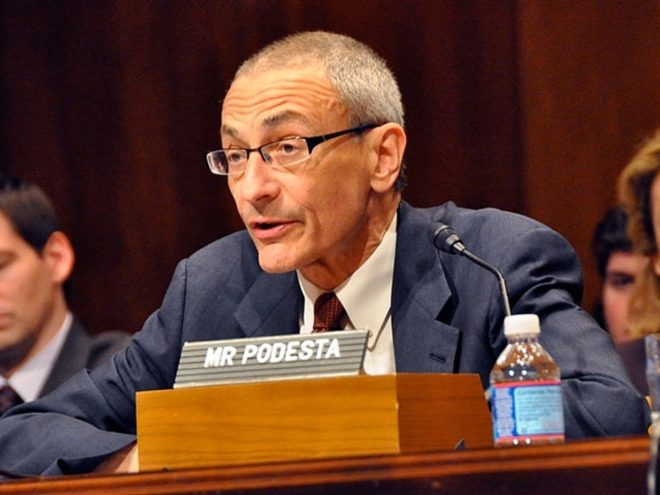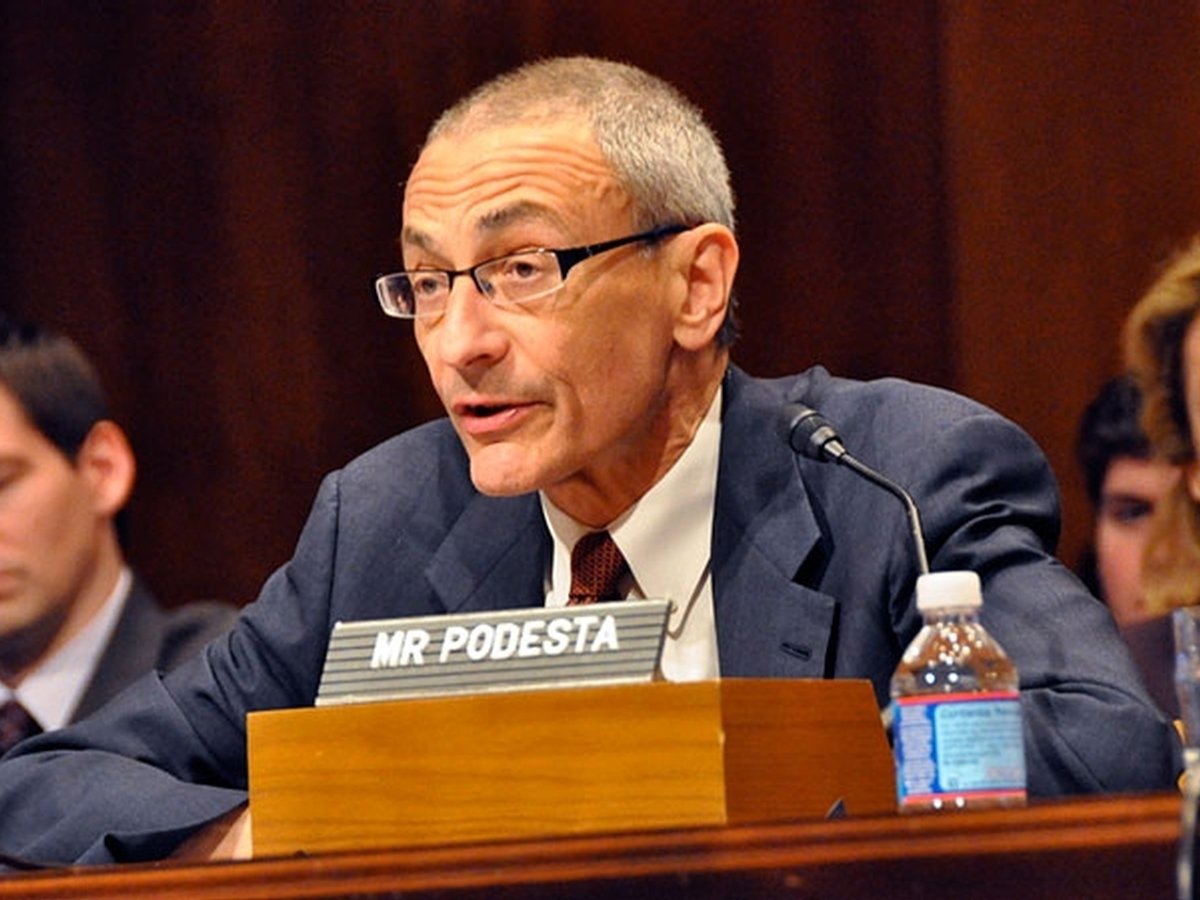
Idaho’s Controversial Legislation: Death Penalty for Pedophiles
In a groundbreaking and highly controversial move, Idaho has enacted a law that allows for the death penalty to be imposed on individuals convicted of lewd conduct with children under the age of 12. Governor Brad Little signed this law, which paves the way for executions by firing squad, thereby placing Idaho at the forefront of a highly contentious legal and ethical debate regarding the treatment of sex offenders, particularly those who prey on children.
Understanding the Law
The new legislation stems from a growing concern over child sexual abuse and the need for stricter penalties to deter potential offenders. Under the law, individuals convicted of specific sexual offenses against minors—specifically lewd conduct—can face capital punishment. This law marks a significant shift in how the judicial system in Idaho approaches crimes against children, reflecting a more punitive stance in response to public outcry over sexual crimes involving minors.
Public Response and Controversy
The announcement has sparked a wide range of reactions from various stakeholders, including child advocacy groups, legal experts, and human rights organizations. Proponents of the law argue that it serves as a necessary deterrent against heinous acts of child abuse, emphasizing the need to protect vulnerable populations. They believe that such stringent measures will send a strong message to potential offenders about the severity of the consequences they may face.
Conversely, critics of the law raise significant ethical and moral concerns. Many argue that the death penalty is an extreme measure that may not effectively deter crime. There are fears that this law could lead to wrongful convictions, especially given the complexities and challenges of proving sexual offenses. Moreover, opponents contend that the firing squad as a method of execution is inhumane and should not be a tool for the state, regardless of the crime committed.
- YOU MAY ALSO LIKE TO WATCH THIS TRENDING STORY ON YOUTUBE. Waverly Hills Hospital's Horror Story: The Most Haunted Room 502
Legal Implications
The implementation of this law raises important legal questions, particularly regarding its alignment with constitutional protections against cruel and unusual punishment. The U.S. Supreme Court has previously ruled that the death penalty should be reserved for the most severe crimes, typically those involving murder. The classification of lewd conduct as a capital offense could face significant legal challenges, potentially leading to a series of court battles that could test the limits of state power in enforcing capital punishment.
National Context
Idaho is not alone in considering tougher penalties for sexual offenses against children. Several states have enacted or proposed legislation aimed at increasing penalties for child predators, reflecting a national trend towards harsher sentencing guidelines. However, Idaho’s decision to include the death penalty is particularly notable, as it places the state in a unique position compared to others that have opted for life imprisonment or other severe punishments without resorting to capital punishment.
Ethical Considerations and Future Impacts
The ethical implications of this law extend beyond legal frameworks and into societal attitudes toward crime and punishment. As public opinion becomes increasingly polarized on issues related to the death penalty and justice for victims of sexual crimes, the potential for this law to influence national conversations about criminal justice reform grows.
Additionally, the introduction of the death penalty for pedophiles may affect the way law enforcement agencies and social services approach cases of child abuse. The fear of severe penalties may encourage more victims to come forward, but it could also deter some from reporting due to anxiety about the legal process and potential repercussions for their abusers.
Conclusion
As Idaho prepares to enact this controversial law allowing for executions of pedophiles by firing squad, the implications are profound and far-reaching. The decision reflects a broader national conversation about the balance between protecting children and maintaining fair and just legal practices. With potential legal challenges looming and public opinion divided, the future of this law—and its impact on both victims and offenders—remains uncertain.
Idaho’s approach could serve as a bellwether for other states considering similar measures, setting a precedent that may reshape the landscape of criminal justice regarding sexual offenses against children. As this situation continues to develop, it will be crucial for all stakeholders to engage in informed discussions about the ethical and practical implications of such a drastic legal measure.

BREAKING: Idaho is preparing to carry out executions of pedophiles by firing squad after Governor Brad Little signed a new law allowing courts to impose the death penalty on those convicted of lewd conduct with children under the age of 12. pic.twitter.com/dteQ9JNzes
— The General (@GeneralMCNews) April 6, 2025
BREAKING: Idaho is preparing to carry out executions of pedophiles by firing squad after Governor Brad Little signed a new law allowing courts to impose the death penalty on those convicted of lewd conduct with children under the age of 12.
In a move that has sparked intense debate across the nation, Idaho has officially taken steps towards carrying out executions of pedophiles via firing squad. This drastic measure follows the signing of a new law by Governor Brad Little, which allows courts to impose the death penalty on individuals convicted of lewd conduct involving children under the age of 12. As the news spreads, public opinion is sharply divided, with some applauding the action as a necessary stance against child exploitation, while others raise significant ethical concerns about capital punishment and its implications.
What Led to This Law Change?
The backdrop to this law is a growing concern over the safety of children in society. With increasing awareness and reports of child exploitation, many states have been re-evaluating their legal frameworks concerning crimes against minors. In Idaho, there has been a push for harsher penalties for those convicted of sexual offenses against children, and this new law is a direct response to those calls. Advocates for the law argue that it serves as a strong deterrent against heinous acts of abuse.
Understanding the Law
So, what does the law actually entail? Under this legislation, courts can impose the death penalty specifically for lewd conduct involving children under 12. This includes a range of sexual offenses, elevating the severity of punishment for offenders. The firing squad execution method, although controversial, is not new to Idaho, as it has been used in the past for other capital crimes. Proponents believe this method is more humane and less prone to failure compared to lethal injection, which has faced numerous complications in recent years.
Public Reaction and Controversy
The announcement has ignited a firestorm of reactions from various sectors of society. Supporters argue that the law is a long-overdue measure to protect the most vulnerable members of society. They believe that severe penalties are necessary to deter potential offenders and demonstrate society’s zero-tolerance stance towards child sexual abuse. Organizations like ChildHelp have voiced their support, emphasizing the need for stronger laws to protect children.
On the flip side, many human rights advocates and organizations are raising alarms about the ethical implications of such a law. Critics argue that capital punishment does not effectively deter crime and that it disproportionately affects marginalized communities. Groups like the American Civil Liberties Union (ACLU) have expressed their concerns, stating that the law may lead to wrongful executions, given the flaws inherent in the justice system. They suggest that focusing on rehabilitation and prevention might be more effective in addressing the root causes of child exploitation.
The Role of the Justice System
This law also raises questions about the role and responsibility of the justice system. With the implementation of such severe penalties, there is a heightened need for accurate investigations and fair trials. The risk of wrongful convictions is a significant concern, especially in cases involving child testimony, which can be influenced by numerous factors. Legal experts warn that the stakes are incredibly high when a person’s life is on the line, and the justice system must ensure that every precaution is taken to protect the innocent.
Potential Impact on Future Legislation
Idaho’s decision could set a precedent for other states considering similar measures. As discussions around child protection and punishment evolve, lawmakers across the country may look to Idaho’s law as a model. This could lead to a wave of new legislation aimed at increasing penalties for sexual offenses against children. However, it also opens the door for more significant debates on the ethics of capital punishment and the effectiveness of such extreme measures.
What Comes Next?
As Idaho moves forward with this law, the focus will inevitably shift to the implementation and its real-world consequences. How will courts handle these cases, and what protocols will be established to ensure fairness in the process? The legal community will be watching closely, as will advocates on both sides of the debate. The potential for appeals and legal challenges is high, especially from those opposed to the death penalty.
The Broader Context of Child Protection Laws
This development occurs within a broader context of child protection laws and societal attitudes toward child abuse. In recent years, there has been a growing movement advocating for stronger protections for children, leading to legislative changes across many states. The focus has often been on prevention, education, and support services for victims, which are crucial components of addressing this complex issue. As Idaho takes this drastic step, it will be essential to balance punitive measures with comprehensive support for victims and preventive strategies.
Final Thoughts on Idaho’s New Law
Idaho’s new law represents a significant shift in how society views and addresses crimes against children. While it certainly aims to deter heinous acts of abuse, it also brings forth complex ethical questions and concerns about the justice system’s integrity. As the nation watches closely, it will be interesting to see how this law unfolds and what implications it may have for child protection efforts in the future. Engaging in open dialogue and carefully considering the multifaceted aspects of this issue will be critical as we navigate these challenging waters.
Engaging in the Conversation
As this story continues to develop, it’s crucial for individuals to engage in the conversation surrounding child protection and the ethics of capital punishment. Sharing perspectives, educating ourselves on the complexities of the legal system, and advocating for children’s rights can all play a part in shaping a society that prioritizes the safety and well-being of its youngest members. Whether in support or opposition to this law, active participation in the dialogue is essential for fostering understanding and finding effective solutions.
“`
This HTML-formatted article provides a comprehensive overview of the new law in Idaho regarding executions for pedophiles, engaging the reader with a conversational tone while incorporating important SEO keywords.
